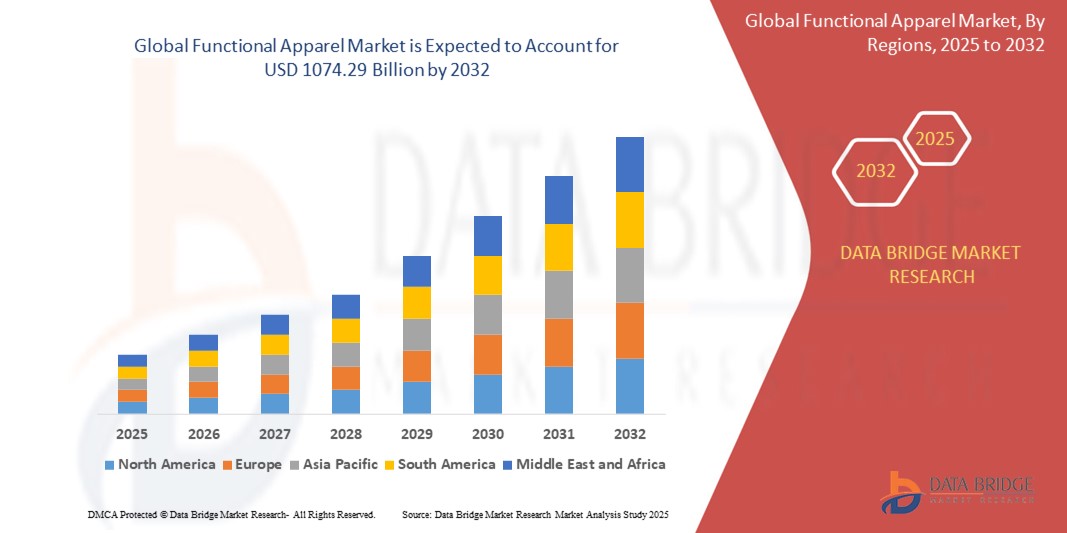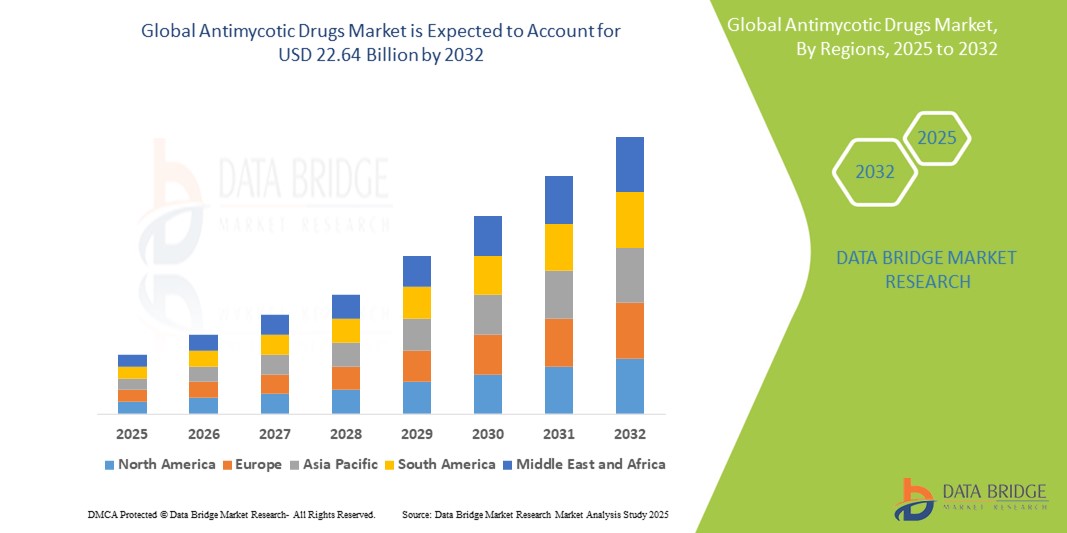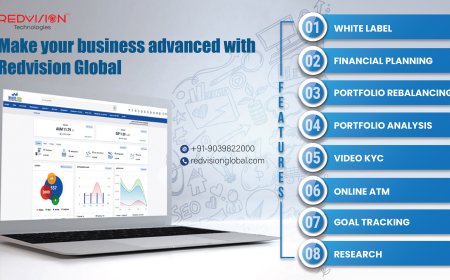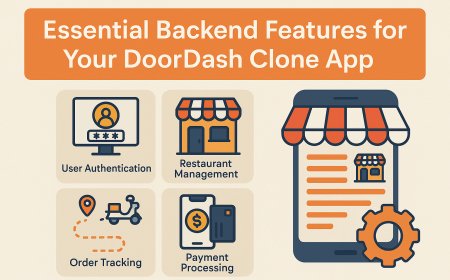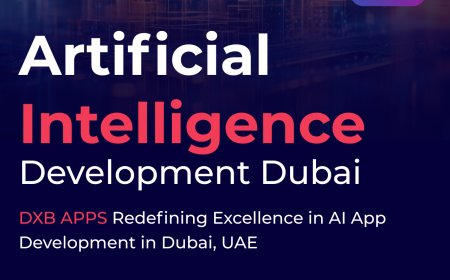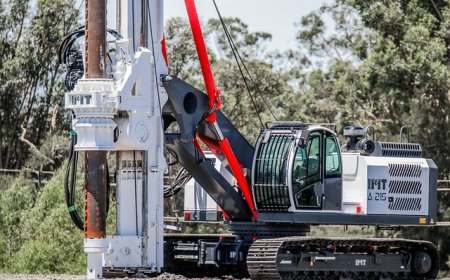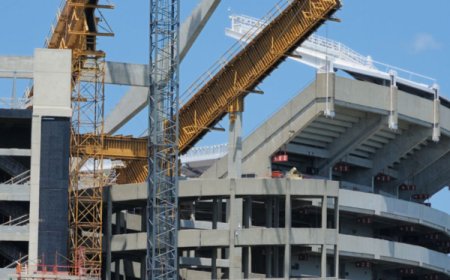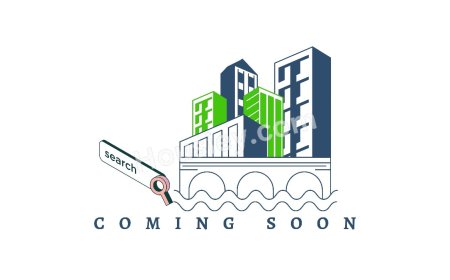AI-Driven Integration of Estimating and CPM Scheduling
One of the most significant advancements is the AI-driven integration of estimating and Critical Path Method (CPM) scheduling.

In the ever-evolving construction industry, the integration of Artificial Intelligence (AI) into project management processes is revolutionizing traditional methodologies. One of the most significant advancements is the AI-driven integration of estimating and Critical Path Method CPM scheduling. This fusion not only enhances efficiency but also ensures more accurate and timely project delivery.
Understanding the Core Components
Estimating in construction involves predicting the costs associated with a project, encompassing materials, labor, equipment, and overheads. Traditionally, this process relied heavily on historical data and manual calculations, which, while effective, were time-consuming and prone to human error.
CPM Scheduling is a project management tool used to determine the longest sequence of dependent tasks and ensure that a project is completed as quickly as possible. It identifies critical and non-critical tasks, allowing project managers to prioritize resources effectively.
When these two components operate in silos, discrepancies can arise, leading to budget overruns, delays, and resource misallocation. Integrating them through AI addresses these challenges head-on.
The Role of AI in Integration
AI technologies, particularly machine learning and data analytics, can process vast amounts of data to identify patterns and make predictions. In the context of construction estimating and scheduling:
1. Automated Quantity Take-Offs: AI can analyze Building Information Modeling (BIM) data to automatically extract quantities of materials and labor requirements. This automation reduces manual errors and accelerates the estimating process.
2. Real-Time Cost Adjustments: AI systems can access live market data to adjust cost estimates dynamically. This ensures that estimates reflect current prices, mitigating the risk of budget discrepancies due to market fluctuations.
3. Predictive Analytics for Scheduling: By analyzing historical project data, AI can predict potential delays and suggest optimal scheduling adjustments. This proactive approach allows project managers to address issues before they impact the project timeline.
4. Resource Optimization: AI can analyze resource utilization across various tasks and suggest reallocations to ensure that critical tasks are adequately staffed, preventing bottlenecks.
Benefits of AI-Driven Integration
The integration of AI into estimating and CPM scheduling offers numerous advantages:
Enhanced Accuracy: AI reduces human errors in both estimating and scheduling, leading to more reliable project plans.
Time Efficiency: Automation speeds up the estimating process and allows for quicker adjustments to schedules, ensuring timely project delivery.
Cost Savings: By optimizing resource allocation and reducing delays, AI helps in staying within budget constraints.
Improved Decision-Making: Real-time data analytics provide project managers with actionable insights, facilitating informed decision-making.
Better Collaboration: Integrated systems ensure that all stakeholders have access to the same data, fostering collaboration and reducing miscommunication.
Challenges and Considerations
While the benefits are substantial, the integration of AI into construction project management is not without challenges:
Data Quality: AI systems rely on high-quality data. Inaccurate or incomplete data can lead to flawed predictions and decisions.
Resistance to Change: The construction industry has traditionally been slow to adopt new technologies. Overcoming resistance and ensuring proper training is essential for successful integration.
Cost of Implementation: Initial setup costs for AI systems can be significant. However, the long-term savings and efficiencies often justify the investment.
Ethical and Legal Concerns: The use of AI raises questions about data privacy and the potential for job displacement. Addressing these concerns is crucial for widespread adoption.
Case Studies Highlighting Success
Several projects have successfully implemented AI-driven integration:
Dubai's Smart City Project: AI-based cost estimation tools reduced cost estimation errors by 25%, enabling the project to stay within its multibillion-dollar budget.
Sydney Metro Expansion: AI-driven scheduling tools optimized resource allocation, leading to a 10-15% reduction in unforeseen expenses compared to traditional methods.
Petrochemical Project: The use of AI for automated quantity take-offs resulted in more accurate material and labor estimates, enhancing project efficiency.
The Future Outlook
As AI technologies continue to advance, the integration of estimating and CPM scheduling is expected to become more sophisticated. Future developments may include:
Enhanced BIM Integration: Deeper integration with BIM models will allow for more accurate and detailed estimations and schedules.
Advanced Predictive Analytics: AI systems will offer more precise predictions regarding project timelines and costs, enabling better risk management.
Increased Automation: Further automation of routine tasks will free up human resources for more strategic planning and decision-making.
Greater Collaboration Platforms: Cloud-based AI tools will facilitate real-time collaboration among all project stakeholders, regardless of location.
Conclusion
The AI-driven integration of estimating and CPM scheduling marks a significant leap forward in construction project management. By harnessing the power of AI, the industry can achieve more accurate, efficient, and cost-effective project delivery. As technology continues to evolve, embracing these innovations will be key to staying competitive in an increasingly complex construction landscape.










